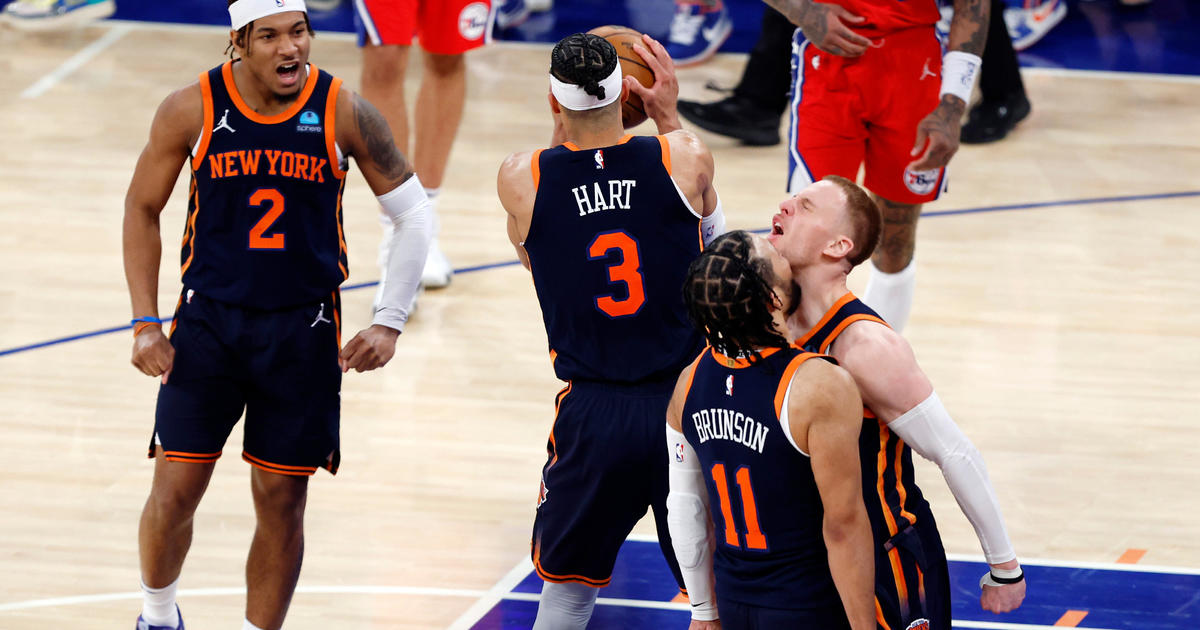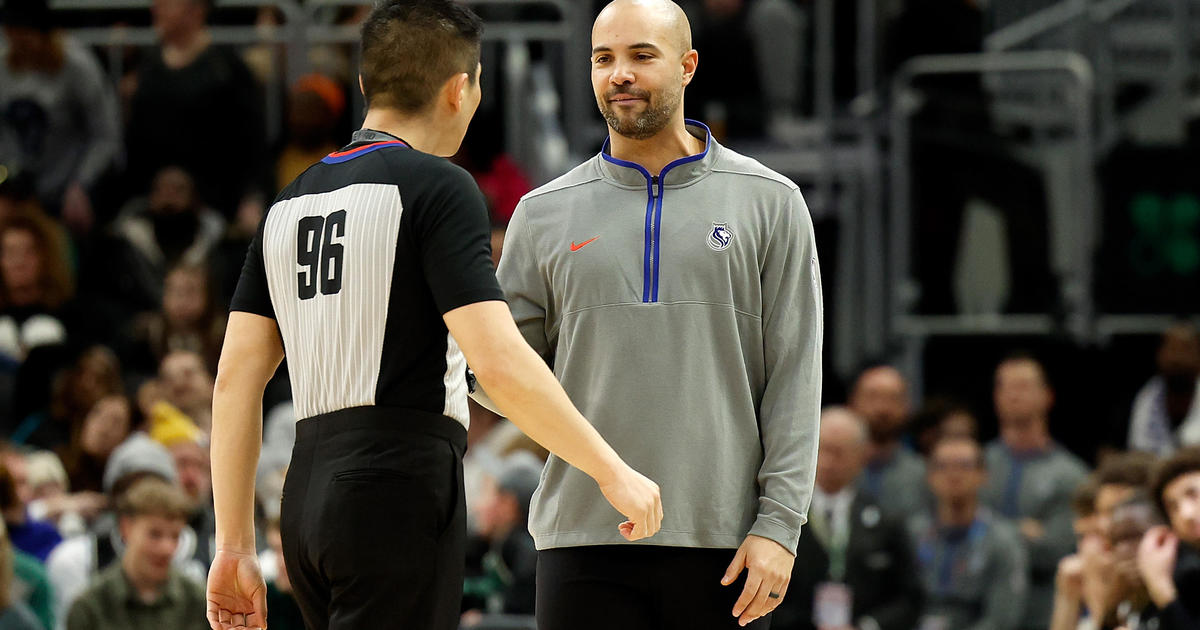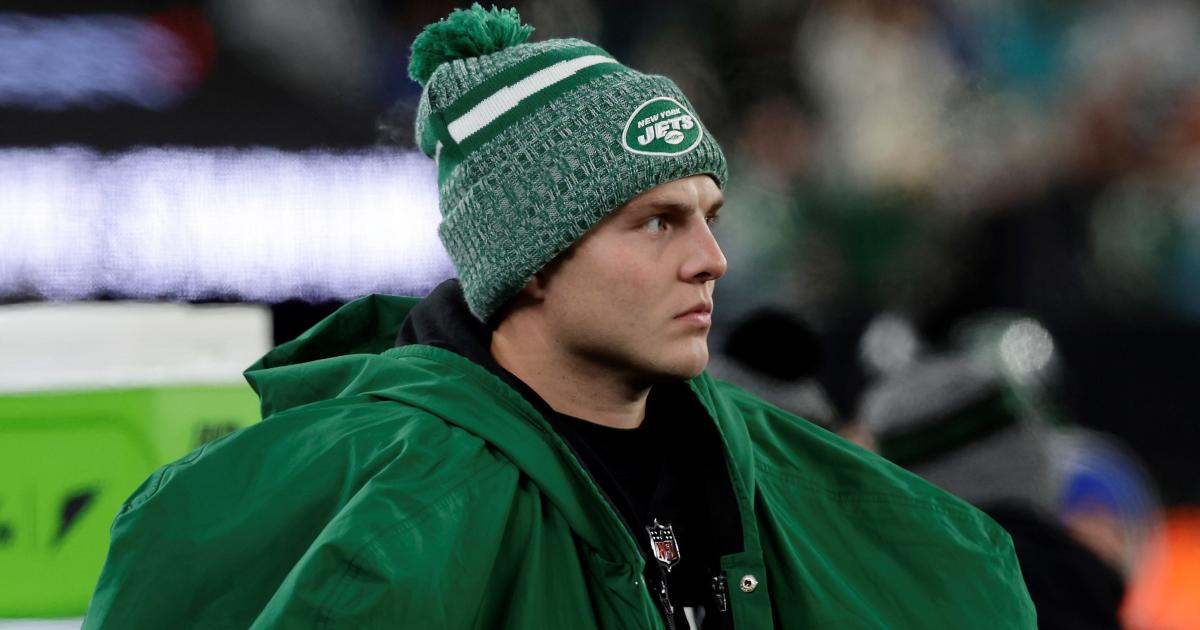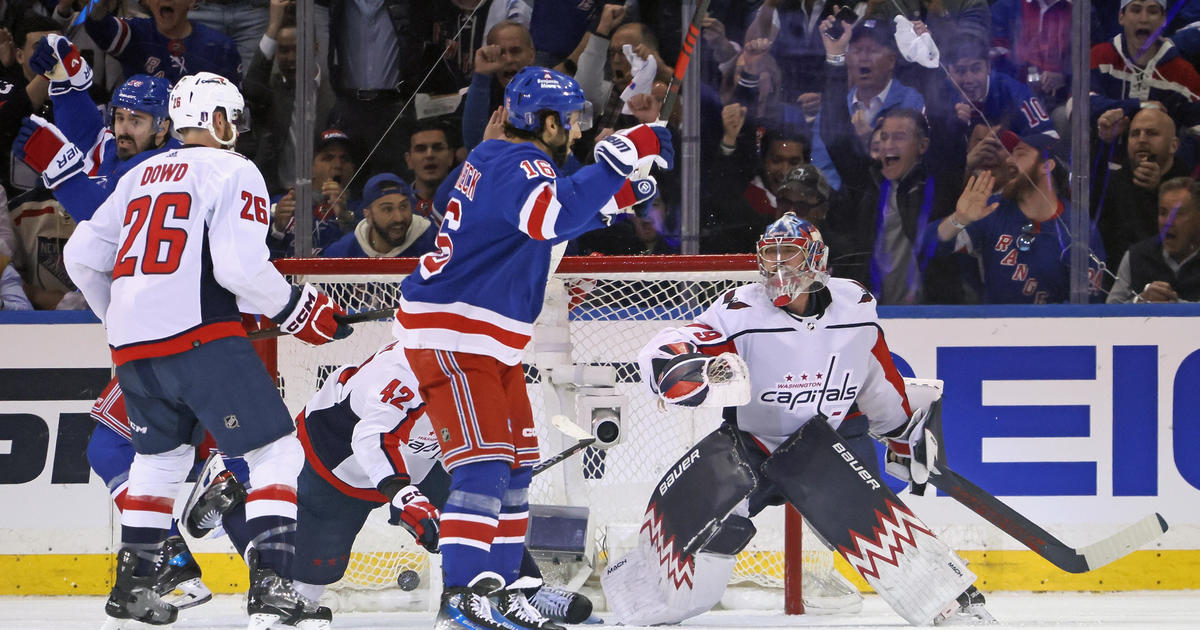Up 3 In The Final Seconds, Do You Foul Or Defend?
NEW YORK (CBSNewYork/AP) -- At some point during this year's NCAA Tournament, the scenario will probably unfold again: A team will bring the ball into the frontcourt, trailing by three with the clock ticking down, and the defense will have to decide what to do.
Should you commit a foul and let the offense shoot two free throws, hoping to avoid the possibility of a tying 3-pointer? Or should you simply play defense and try to prevent any good looks from beyond the arc?
It's not an easy question to answer.
"That's the hard part of the job," Michigan State coach Tom Izzo said. "You've got to make some tough decisions."
It's a situation that can lead to a lot of second guessing and chatter (check out the #foulordefend meme on Twitter). Time and again, fans watch 3-pointers go in at the last second and wonder whether a foul could have prevented all the agony. Of course, fouling can and does backfire at times, and it's not always the easiest move to pull off. So coaches are left to decide the best course of action.
"I think it's predicated on time and score, where the ball's being taken out of bounds from," Tennessee coach Donnie Tyndall said. "Our deal is kind of six or seven seconds or less, we'll probably foul."
Tyndall's Volunteers led Arkansas by three with time running out in a game in January. They tried to foul, but Kevin Punter accidentally caught Anton Beard in the act of shooting, sending him to the line for three free throws. But even a good foul shooter is no sure bet to make three in a row. Beard didn't, and the Vols held on for the win.
Ken Pomeroy, who publishes perhaps the most popular statistical team rankings in college basketball, looked at more than three seasons of data and found that defending might be a better strategy than fouling, although there may not be much difference. If a team defends, the worst-case scenario is almost always overtime, according to Pomeroy's numbers.
Two findings in Pomeroy's study seemed to buck conventional wisdom. One was that teams made only about 16 percent of their 3-point attempts on the late-game possessions he reviewed — indicating that if the defense knows a 3-pointer is coming, it's quite difficult to make one.
Also, offensive teams were reasonably successful at rebounding missed free throws. The basis for the fouling strategy is that if the offense can't tie the game with a 3-pointer, it will have to make one free throw, intentionally miss the second and then score on a putback. A sequence like that requires a decent amount of good fortune, but Pomeroy says it's not that far-fetched when the offensive team knows it can send every player to the boards with reckless abandon.
"The most surprising thing is how many offensive rebounds occur on the missed free throws," Pomeroy said in a phone interview. "It was close to 40 percent."
Pomeroy said he'd like to update his study with a larger sample. Among coaches, there may not be any consensus on this issue for a while. People seem to agree that fouling too early is a problem, since that can increase the number of possessions left in the game and help the trailing team come back and win in regulation.
When Duke beat North Carolina in February, the Blue Devils protected their three-point lead by fouling in the final seconds. The Tar Heels intentionally missed a free throw but couldn't come up with a clean rebound.
"Probably if you did stats, it would still be a low percentage of guys actually hitting a 3, but that's what you see. You see it over and over again," Duke coach Mike Krzyzewski said. "So you don't want that happening to you. And then can you in a disciplined way be able to take a foul, make sure they're not shooting? Can you rebound it when they miss and all that kind of stuff?"
The Blue Devils could, but in 2008, John Calipari's Memphis team couldn't. With time winding down in the national championship game, Calipari wanted his team to foul with a three-point lead, but Sherron Collins of Kansas rushed the ball down the court so quickly it was hard for the Tigers to catch him. He got the ball to Mario Chalmers, whose 3-pointer sent the game to overtime. The Jayhawks went on to win.
Now the coach of unbeaten Kentucky, Calipari says he has no hard-and-fast rule about fouling in that situation.
"It depends on your team," Calipari said. "In most cases I would ride it out and not do it. Other cases, depending on their team, you do it. I've won and lost both ways."
(TM and © Copyright 2015 CBS Radio Inc. and its relevant subsidiaries. CBS RADIO and EYE Logo TM and Copyright 2015 CBS Broadcasting Inc. Used under license. All Rights Reserved. This material may not be published, broadcast, rewritten, or redistributed. The Associated Press contributed to this report.)



